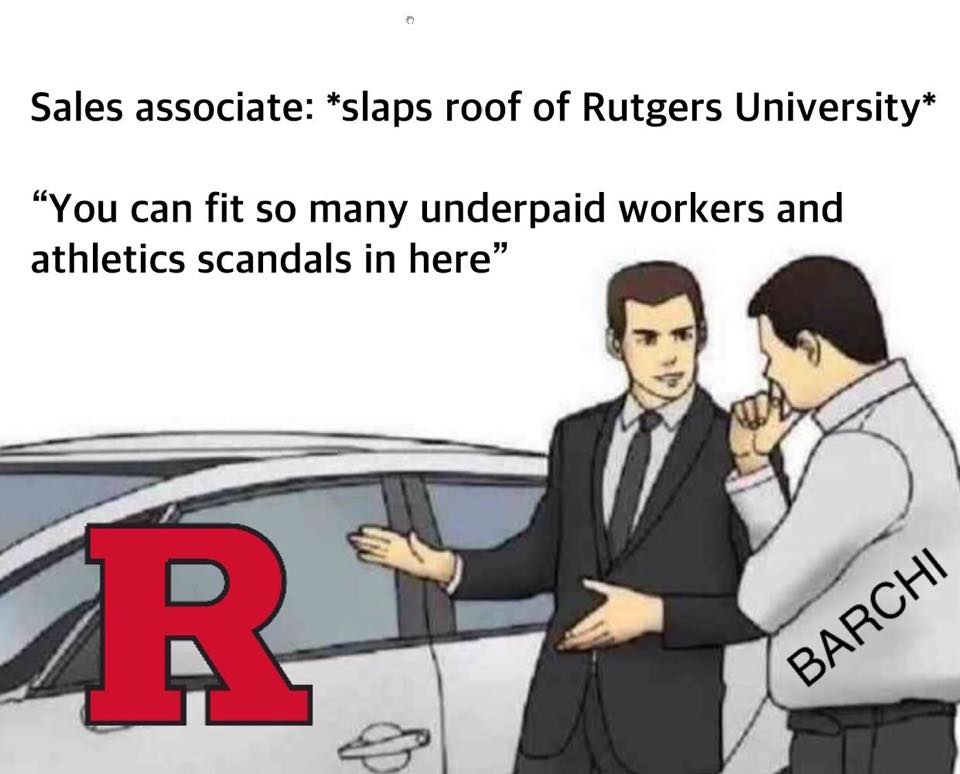Installation 1 | Living in a Digital World: How Rutgers Uses Technology | December 2018
Introduction
Digital Technology has unarguably impacted Rutgers University as a whole. Students learn differently. Professors use new methods to teach. University staff has to adapt in order to keep up with the times. The whole face of the university has been affected by digital technology, and this website serves to look at those three groups mentioned above and how their interaction with technology has affected their lives.
Taken on as part of an assignment for a class on Digital Humanities, discussions surrounding attitudes towards digital technology have been widespread. This project aims to address some of the attitudes the Rutgers community has and how these attitudes has thereby shaped their experience at Rutgers.
The students, whom you can meet at our About Page, broke themselves down into three groups that would then use interdisciplinary methods of research to examine those three groups: students, staff, and faculty. They used interviews, research (both digital and archival), surveys, and texting as a means of interacting with the Rutgers community in different ways. They have combined their findings onto this website as an expression of what it means to live digitally at Rutgers.
In order to frame our thinking about digital technology, we have used the following understanding of digital technology:
The term digital literally means to be represented by a series of 1’s and 0’s. It gives numerical value to otherwise analog functions, be it banking, messaging, photography, among others in the pre-digital age. Prior to this digitization, analog functions meant face-to-face interaction, doing things by hand, relying on human experience. Digitization has minimized this, relying on algorithms and computers to replace the work of man. These are the kinds of technology that enables the digital world – apps, the internet, social media, computers, etc.
The way we have thought about digital technology has been framed as a transformation from analog to digital. This revolution has not only impacted how people do things, but their feelings, values, interactions, etc. By looking at students, faculty, and staff at Rutgers University, we better understand general attitudes towards these technologies as well. We broke down this site into these three groups as a means of making sense of our findings. While these groups obviously overlap, and share similar experiences when it comes to digital technology, by breaking them up you get a more detailed, immersive view of their relationship towards the digital world. Infosilem, a schedule planning system received its own page due to its inability to fit succinctly into any of the other pages, as it impacts all three groups. Archival work houses some pictures as it relates to digital technology found it Rutgers University Archives.
This site has been created with the intention of looking at digital technology, in all its forms, and its influence on the Rutgers community. We seek to investigate the influence of digital technology not only in academic and professional settings, but in social and cultural settings including dating, partying and our favorite topic, memes.

Memes are culturally important – they are the means in which communities share ideas about serious subjects in a comical manner. Memes have been a part of the Rutgers digital community for years. Students often use Facebook to spread memes satirizing everything from President Barchi, Former Chancellor Dutta, the Busch Geese, the bus system and more. We have included several throughout our site to show how the Rutgers meme community views the topics that we have researched.
